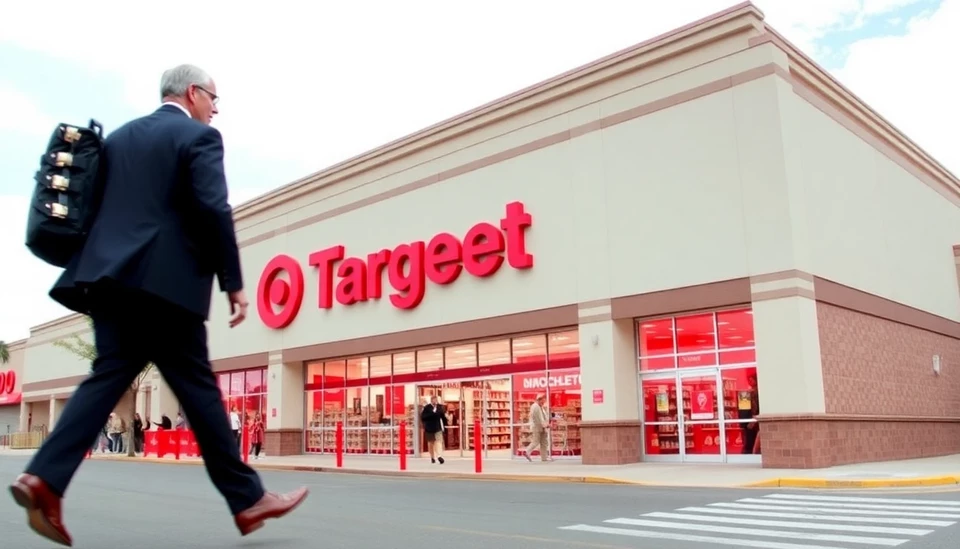
The ongoing economic strain on consumers is forcing companies to reassess their inventory management strategies to stay afloat. AlixPartners, a global consulting firm, has revealed that businesses are under increasing pressure to streamline their supply chains and ensure that they maintain tighter control over their inventory levels. This shift is crucial given the current landscape characterized by inflation and shifting consumer spending habits.
Recent data suggests that consumers are feeling the pinch from rising prices, which has prompted a notable change in their purchasing behavior. Rather than making bulk purchases or indulging in luxury goods, many shoppers are opting for essentials. Retailers are compelled to adapt quickly to these changes, requiring an agile approach to inventory to avoid excess stock that may remain unsold.
The report from AlixPartners highlights that firms need to embrace precision in their inventory management strategies. This includes not only keeping a closer eye on stock levels but also utilizing advanced analytics to forecast demand more accurately. The volatile nature of the market demands that companies not only reduce excess inventory but also ensure that they have the right products available at the right time to meet consumer needs.
Moreover, this new approach to inventory is also seen as a strategic move to bolster profit margins. By minimizing overstock and potential markdowns, businesses can enhance their profitability even in tough economic times. Efficient inventory management fosters resilience, enabling companies to pivot quickly in response to market fluctuations and consumer preferences.
The implications of these findings are significant; companies that fail to adapt their inventory strategies may find themselves struggling to meet customer expectations or dealing with financial losses due to unsold inventory. Experts recommend that businesses invest in technology that aids in demand forecasting and inventory tracking, which can provide a competitive edge in navigating today's financial climate.
In conclusion, as consumer stress becomes a prevalent theme in the retail landscape, companies must take immediate action to tighten their inventory practices. This focus on operational efficiency will not only help curb costs but also cater to the evolving needs of consumers, ultimately positioning businesses for long-term success.
#InventoryManagement #ConsumerTrends #EconomicImpact #RetailStrategy #BusinessAdaptation
Author: Samuel Brooks
